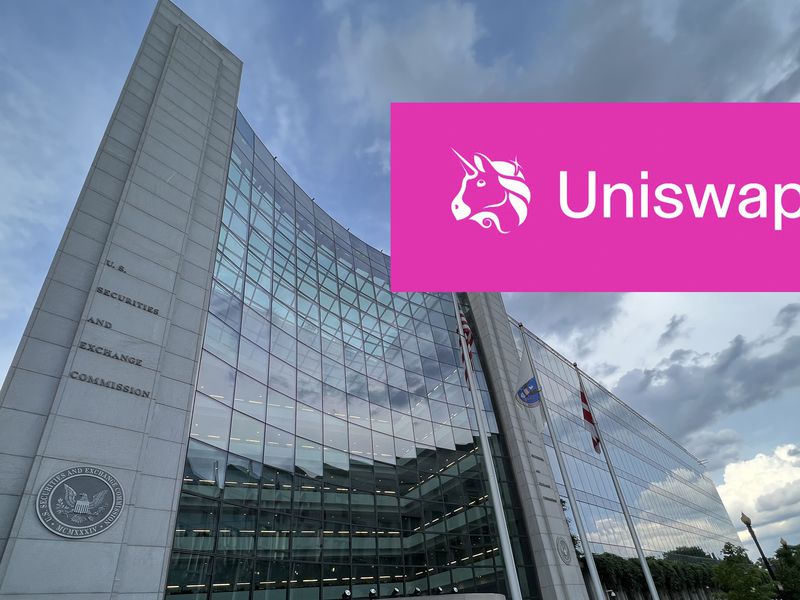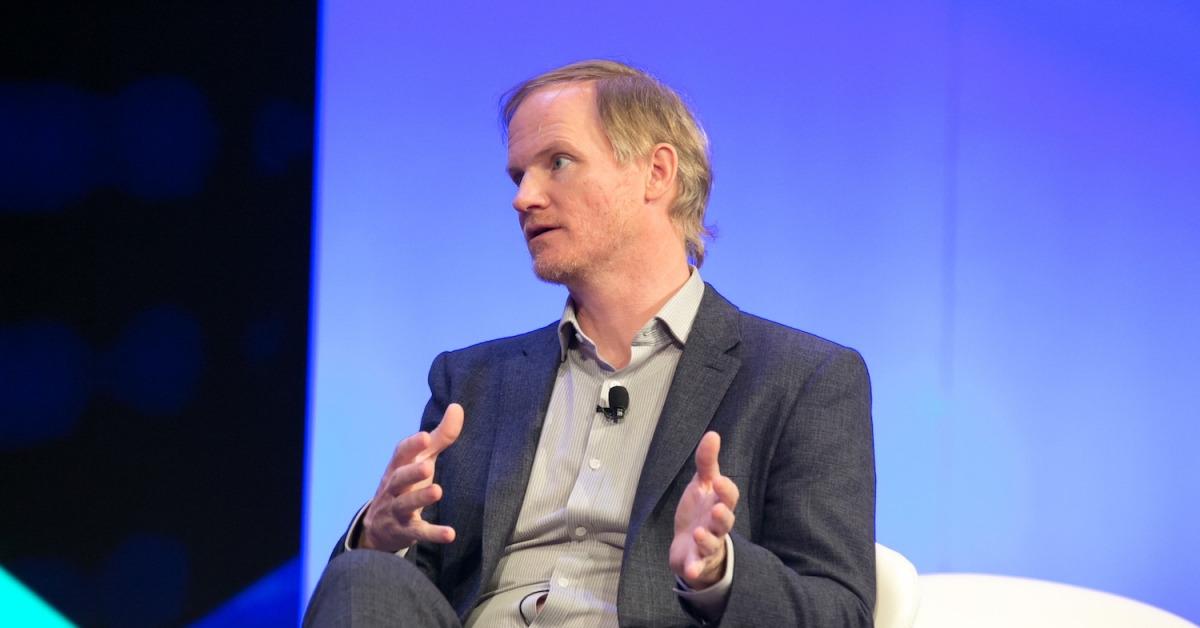G-7 Will Focus on Helping Developing Nations Introduce CBDCs
Featured SpeakerChristy Goldsmith Romero
CommissionerU.S. Commodity Futures Trading Commission

Explore the policy fallout from the 2022 market crash, the advance of CBDCs and more.
:format(jpg)/www.coindesk.com/resizer/2T8HrOlILUCuZc0Nt5fqKxPPy6E=/arc-photo-coindesk/arc2-prod/public/LW4HUR2U7BC5RFC4XSV6HGCP4E.png)
Amitoj Singh is CoinDesk’s regulatory reporter covering India. He holds BTC and ETH below CoinDesk’s disclosure threshold of $1,000.
Featured SpeakerChristy Goldsmith Romero
CommissionerU.S. Commodity Futures Trading Commission

Explore the policy fallout from the 2022 market crash, the advance of CBDCs and more.
The Group of Seven (G-7) advanced nations will prioritize how they can better help developing countries introduce their central bank digital currencies (CBDCs), Masato Kanda, Japan’s senior financial diplomat told a seminar in Washington DC on Tuesday.
“Fast-moving digital technologies provide tremendous benefits in many years including cheaper and faster cross-border payments available to a larger public but the new technologies have onset of challenges,” said Kanda, Japan’s Vice Minister of Finance for International Affairs. “We have to address risks from the development of CBDCs by ensuring factors such as appropriate transparency and sound governance.”
Japanese Prime Minister Fumio Kishida will host this year’s G-7 summit in Hiroshima. Discussions regarding crypto regulation are reportedly expected to accelerate ahead of a meeting of finance ministers and central bankers from the G-7 countries in mid-May. The G-7 plans to make global crypto regulations tougher, with a focus on increasing business transparency and consumer protection.
“The collapse of FTX was a serious wake-up call on the need for proper consistent regulation across borders, finalizing FSB’s (Financial Stability Board) work to develop high-level recommendations on crypto asset activities on the market and on global stablecoin arrangement is important and the effective implementation of this recommendation is also crucial,” Kanda said.
FTX Japan customers were some of the first to get their money back from the collapsed crypto exchange on the back of Japan’s relatively tight regulatory regime for crypto.
The Financial Stability Board (FSB) and the International Monetary Fund have been tasked by the Group of 20 major economies to put forward a jointly produced synthesis paper for global crypto rules by September or October.
Edited by Parikshit Mishra.
DISCLOSURE
Please note that our
privacy policy,
terms of use,
cookies,
and
do not sell my personal information
has been updated
.
The leader in news and information on cryptocurrency, digital assets and the future of money, CoinDesk is a media outlet that strives for the highest journalistic standards and abides by a
strict set of editorial policies.
CoinDesk is an independent operating subsidiary of
Digital Currency Group,
which invests in
cryptocurrencies
and blockchain
startups.
As part of their compensation, certain CoinDesk employees, including editorial employees, may receive exposure to DCG equity in the form of
stock appreciation rights,
which vest over a multi-year period. CoinDesk journalists are not allowed to purchase stock outright in DCG
.
:format(jpg)/www.coindesk.com/resizer/2T8HrOlILUCuZc0Nt5fqKxPPy6E=/arc-photo-coindesk/arc2-prod/public/LW4HUR2U7BC5RFC4XSV6HGCP4E.png)
Amitoj Singh is CoinDesk’s regulatory reporter covering India. He holds BTC and ETH below CoinDesk’s disclosure threshold of $1,000.
Learn more about Consensus 2023, CoinDesk’s longest-running and most influential event that brings together all sides of crypto, blockchain and Web3. Head to consensus.coindesk.com to register and buy your pass now.
:format(jpg)/www.coindesk.com/resizer/2T8HrOlILUCuZc0Nt5fqKxPPy6E=/arc-photo-coindesk/arc2-prod/public/LW4HUR2U7BC5RFC4XSV6HGCP4E.png)
Amitoj Singh is CoinDesk’s regulatory reporter covering India. He holds BTC and ETH below CoinDesk’s disclosure threshold of $1,000.









